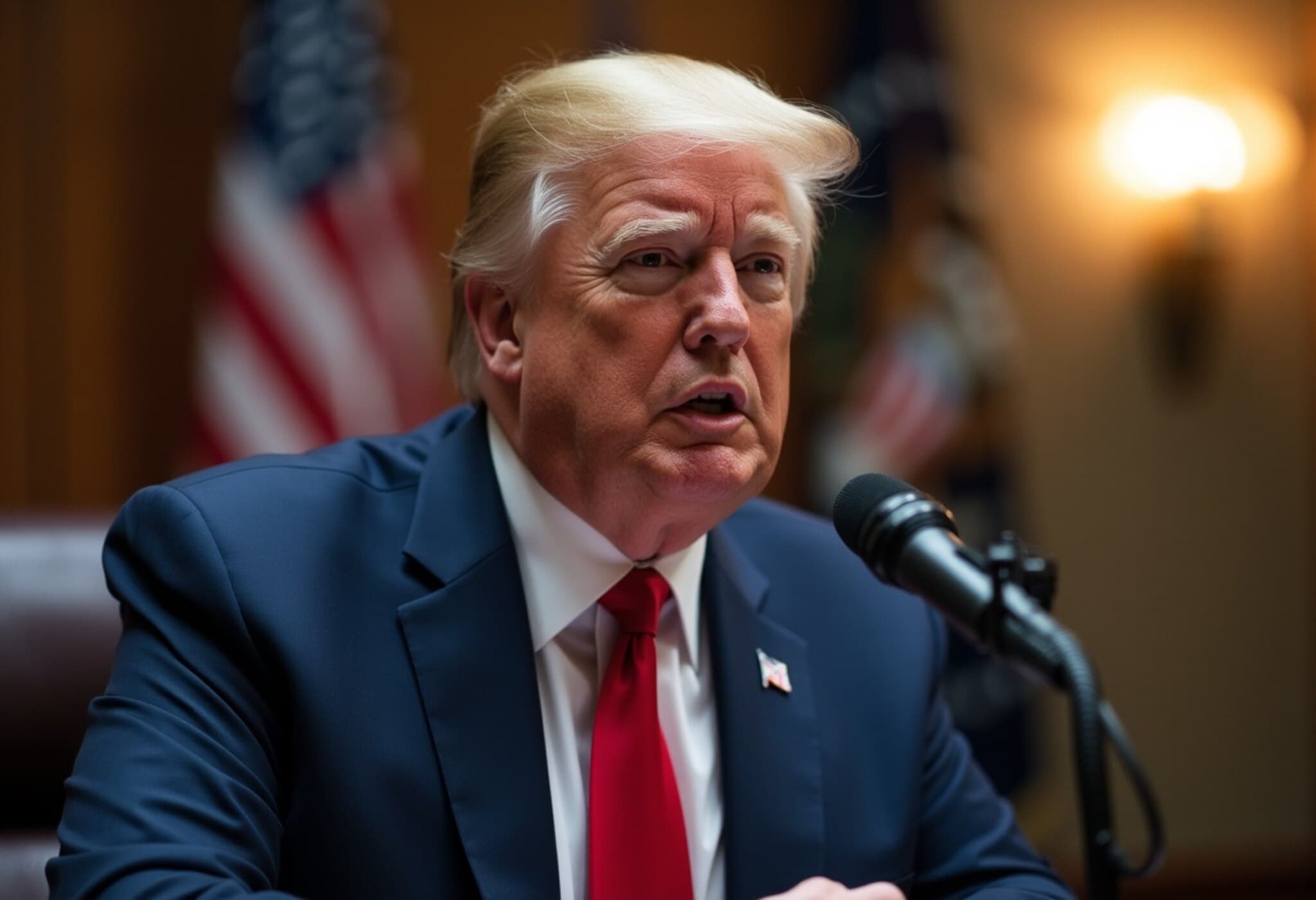Fund Managers Raise Alarm Over Section 899 and Foreign Investment Exodus
American fund managers are actively lobbying Congress to reconsider a clause within a recent tax bill they fear could trigger a swift withdrawal of foreign investments from U.S. markets. The provision, known as Section 899, is part of a tax package dubbed the "One Big Beautiful Bill Act," currently moving through the Senate after gaining House approval in May.
What Exactly Is Section 899?
Section 899 aims to impose retaliatory taxes on entities from countries employing levies like Digital Services Taxes or adhering to OECD global minimum tax standards. This could notably affect investors from regions including the European Union, United Kingdom, Canada, Australia, and Switzerland.
The tax rate would start at 5% and increment by 5 percentage points annually, capping at 20%, potentially stacking atop existing tax obligations shaped by international treaties. Such measures risk cutting into returns for foreign stakeholders investing in U.S. equities.
The Unintended Fallout for U.S. Fund Managers
Industry representatives, particularly the Investment Company Institute (ICI), warn that the U.S. fund management sector—managing roughly $18 trillion in U.S. stock assets—could suffer as "collateral damage." Their concern centers on how Section 899 could inadvertently penalize investment funds like mutual funds and ETFs, along with their foreign equivalents.
In a letter to Senator Mike Crapo, chairman of the Senate Finance Committee, the ICI explained that taxing passive income from U.S. equity investments would discourage foreign investment, triggering capital flight and depressing U.S. markets. This downturn could ultimately harm both American companies and all investors involved.
The Broader Implications of Capital Flight
With foreign investors holding about $19 trillion in U.S. equities, plus trillions more in government bonds and credit, any mass withdrawal could ripple through the financial system. Fund managers highlight that losing these investors would not only reduce market liquidity but also directly impact management firms' earnings by shrinking assets under management.
While supportive of protecting U.S. interests abroad and addressing unfair foreign taxes, fund managers caution that the current draft of Section 899 risks undermining those goals by pushing foreign capital away rather than deterring foreign tax policies.
Investor Sentiment and Market Outlook
Yuri Khodjamirian, chief investment officer at Tema ETFs, notes that European investors focused on dividend-paying U.S. companies may reconsider their holdings. "If you suddenly face an additional tax on dividend income, the logical question is: why hold these stocks?" he said.
That said, Khodjamirian also points out that many U.S. companies favor share buybacks over dividends, implying the tax's impact might be less dramatic in sectors with typically low dividend yields.
Looking Ahead
The Senate Finance Committee has yet to comment on these concerns, and the bill’s future remains uncertain. Yet, the dialogue underscores the fine balance policymakers must tread between global tax equity and maintaining the U.S. as an attractive destination for foreign investment.



















